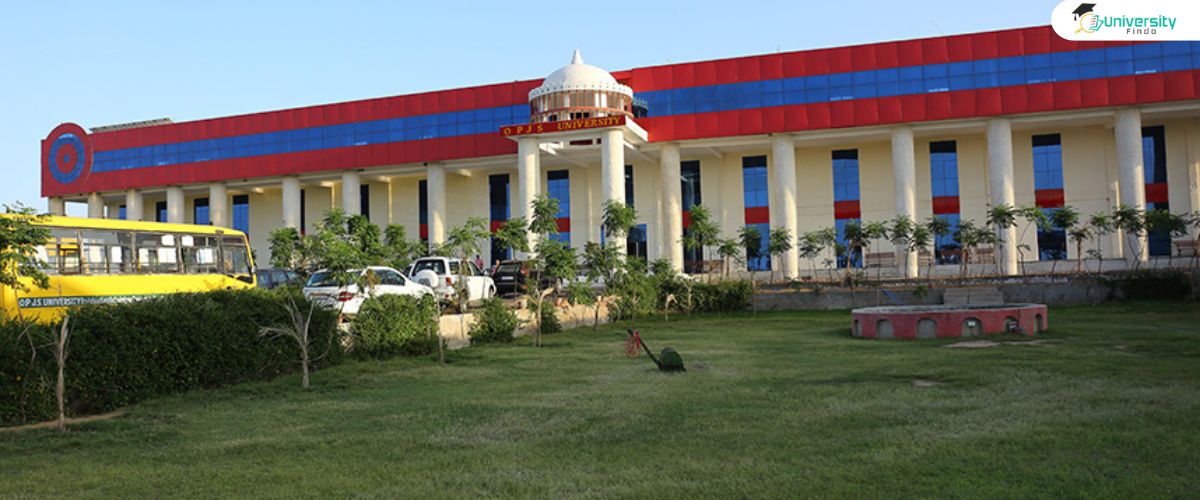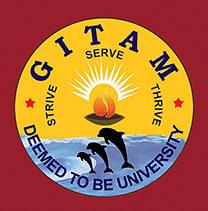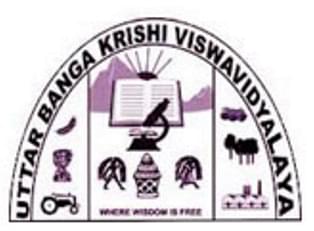Why Pursue a BSc in
Biology? Career Paths and Opportunities
Pursuing a Bachelor of Science (BSc) in
Biology opens up a multitude of career paths and opportunities, reflecting the
dynamic and foundational nature of biological sciences in today's world. In
this comprehensive blog post, we explore the reasons why individuals choose to
embark on this educational journey and delve into the diverse career options
available upon graduation.
Introduction
The decision to pursue a BSc in Biology from top college in India often stems from a deep curiosity about the natural
world and a passion for understanding life in its myriad forms. This
undergraduate program not only provides a solid foundation in biological
principles but also equips students with critical thinking skills, laboratory
techniques, and analytical abilities that are highly valued in various sectors.
Importance
of a BSc in Biology
A BSc in Biology serves as a gateway to
numerous career paths due to its interdisciplinary nature and relevance in
solving global challenges such as climate change, biodiversity loss, and public
health crises. It lays the groundwork for understanding fundamental biological
concepts, from molecular biology to ecosystems, preparing students to
contribute meaningfully to society through scientific inquiry and innovation.
Career
Paths and Opportunities
1. Research
Scientist
One of the most traditional career paths for
BSc Biology graduates is that of a research scientist. Whether in academia,
government research institutions, or private industry, research scientists
explore questions about life and the natural world. They may specialize in
fields such as genetics, microbiology, ecology, or biotechnology, conducting
experiments, analyzing data, and publishing findings that advance scientific
knowledge.
2.
Environmental Consultant
With growing concerns over environmental
sustainability, many BSc Biology graduates find fulfilling careers as
environmental consultants. These professionals work with governments,
businesses, and non-profit organizations to assess environmental impact, develop
conservation strategies, and ensure compliance with environmental regulations.
Their work is crucial in mitigating human impact on ecosystems and promoting
sustainable practices at top B.Sc. university in India.
3.
Pharmaceutical Sales Representative
For those interested in combining scientific
knowledge with business acumen, a career as a pharmaceutical sales
representative offers an exciting opportunity. These professionals educate
healthcare providers about pharmaceutical products, build relationships with
key stakeholders, and contribute to advancements in healthcare by promoting
innovative treatments and therapies.
4. Wildlife
Biologist
Wildlife biologists study the behavior,
ecology, and conservation of wild animals and their habitats. They may work in
government agencies, conservation organizations, or research institutions,
conducting field studies, monitoring populations, and developing conservation
plans to protect endangered species and preserve biodiversity.
5. Forensic
Scientist
Forensic scientists apply their expertise in
biology to analyse evidence collected from crime scenes and assist law
enforcement agencies in solving crimes. They use techniques such as DNA
analysis, microscopy, and toxicology to identify suspects, establish timelines,
and provide crucial evidence for criminal investigations and court proceedings.
6. Medical
Laboratory Technologist
Medical laboratory technologists play a vital
role in healthcare by performing laboratory tests to diagnose and treat
diseases. They work in hospitals, clinics, and diagnostic laboratories, using
advanced equipment and techniques to analyse blood, tissue, and other bodily
fluids, helping physicians make accurate diagnoses and treatment decisions at best Bsc college India.
7.
Biotechnology Researcher
The field of biotechnology offers diverse
opportunities for BSc Biology graduates interested in applying biological
principles to develop new technologies and products. Biotechnology researchers
work in industries such as pharmaceuticals, agriculture, and environmental
science, conducting research on genetic engineering, drug development,
biofuels, and more.
8. Science
Writer or Communicator
Effective communication of scientific
discoveries and concepts is essential for advancing public understanding of
biology and its implications for society. Science writers, journalists, and
communicators with a background in BSc Biology contribute to media outlets,
educational institutions, and science-focused organizations, translating
complex scientific information into accessible content for diverse audiences.
9.
Conservation Biologist
Conservation biologists focus on protecting
biodiversity and natural resources by studying ecosystems, implementing
conservation strategies, and advocating for environmental policies. They
collaborate with governments, NGOs, and local communities to preserve habitats,
restore ecosystems, and address threats such as habitat loss, pollution, and
climate change at top affordable university in India.
10. Public
Health Specialist
In light of global health challenges such as
infectious diseases, pandemics, and healthcare disparities, BSc Biology
graduates may pursue careers in public health. Public health specialists work
to improve population health through disease prevention, health education,
epidemiological research, and policy development, addressing issues that affect
communities and promoting health equity.













